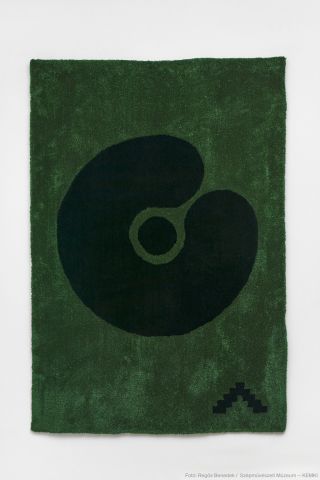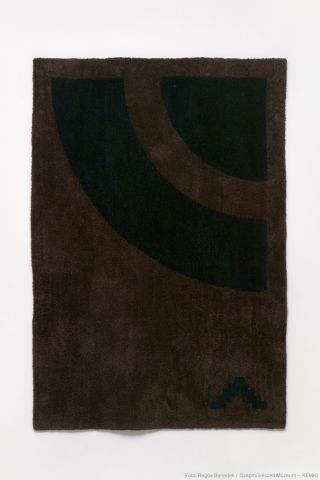‘exhibitions’
Sára Bárdi
… with special emphasis on the relationship between art and politics, as well as the genres of exhibitions and posters. Between 2020 and 2024 she worked as a museologist in the Hungarian National Gallery – Collection of Print and Drawings. List of publications Publications
GRÓF Ferenc – GYENES Zsófia: (Dis)organigram – State Gallery Company, 2022
… the Gallery Company monopolised the Hungarian Art world. The Gallery Company held regular solo exhibitions and other art events at its venues, and had weekly jury panels for evaluating and purchasing the submitted works of its members. From the 1970s onwards, the Gallery’s operations were subject to considerable criticism: it was continually losing money and a significant proportion of the artworks it had purchased from its members were never sold to a third party. Despite several …
GRÓF Ferenc – GYENES Zsófia: (Dis)organigram – Studio of Young Artists, 2022
… Applied Arts (which ensured state-level supervision of its operations). Nonetheless, the Studio’s exhibitions, and especially its annual shows held at the Ernst Museum, constituted important events on the contemporary scene. After the change in regime, in May 1990, the FKS became the Studio of Young Artists’ Association (Fiatal Képzőművészek Stúdiója Egyesület, FKSE) with its own exhibition space—Studio Gallery—in Képíró Street, and in 2007 Studio Gallery moved to Rottenbiller Street. For …
GRÓF Ferenc – GYENES Zsófia: (Dis)organigram – Stúdió Gallery, 2022 2022
… hand-stitched carpet Founded in 1958, the Studio of Young Artists initially organised its own exhibitions at various venues, before establishing the Studio Gallery, which primarily hosted the solo and group exhibitions of its members. From the 1980s onwards, the Studio Gallery became one of the most prominent and influential exhibition spaces on the Hungarian contemporary art scene. Between 1972 and 1994, it was located at 62 Bajcsy-Zsilinszky Avenue; after the regime change, it was moved …
GRÓF Ferenc – GYENES Zsófia: (Dis)organigram – Association of Hungarian Fine and Industrial Artists, 2022
… time. The new Association’s tasks included organising the first nationwide “socialist realist” art exhibitions, “decentralising” the art scene, organising exhibitions and art events in the countryside, establishing a system of free art schools, and representing the artists who were registered as members in a quasi-union format. Following the 1956 Revolution, the organisation colloquially known as the “Association” was involved in putting together the legendary 1957 Spring Exhibition, which …




